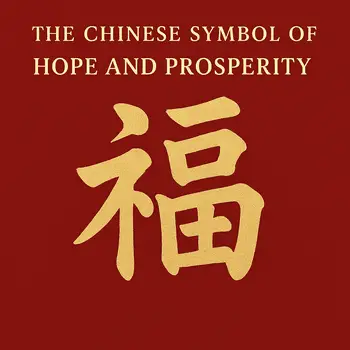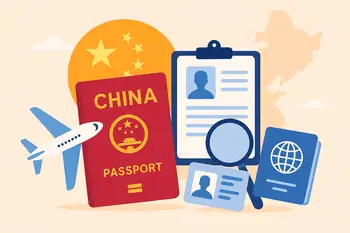
Hiring employees in China can be a rewarding yet complex process.
With its booming economy and skilled workforce, China offers immense opportunities for businesses.
However, navigating the legal framework, cultural nuances, and competitive job market requires careful planning.
This guide provides actionable insights, legal requirements, and strategies to help you build a successful team in China.
Understanding the Legal Framework
China’s labor laws are stringent, and compliance is non-negotiable.
Here are the key legal aspects to consider:
- Labor Contract Law
Employers must provide written contracts within one month of employment. Contracts should include job descriptions, salary, working hours, and employment duration. Learn more about the Labor Contract Law. - Social Insurance Contributions
Employers are required to contribute to five social insurance funds: pension, medical, unemployment, work-related injury, and maternity insurance. Detailed guide on social insurance. - Employment Permits for Foreign Nationals
Foreign companies hiring non-Chinese nationals must secure work and residence permits. The process involves submitting documents like employment contracts, health checks, and educational qualifications. Official government portal for work permits. - Local Regulations
Labor laws can vary by city or province. For instance, Shanghai and Beijing have different minimum wage standards. Consult local HR experts to ensure compliance.
Finding the Right Candidates
Recruiting in China requires a multi-faceted approach:
- Job Portals and Recruitment Agencies
Platforms like Zhaopin, Liepin, and 51Job are widely used. Recruitment agencies can also help identify top talent. - University Partnerships
Collaborate with universities to access a pool of fresh graduates. Many institutions host career fairs and have job boards for employers. - Networking and Referrals
Leverage platforms like WeChat and LinkedIn to connect with professionals and seek referrals. - Social Media
Post job openings on WeChat groups or professional forums to reach a broader audience.
Crafting a Competitive Job Offer
To attract top talent, your job offer must stand out:
- Market-Competitive Salary
Research industry benchmarks to offer competitive pay. Tools like China Salary Guide can help. - Additional Benefits
Beyond mandatory social insurance, consider perks like housing allowances, health insurance, and performance bonuses. - Work-Life Balance
Highlight flexible working hours, remote work options, and family-friendly policies. - Career Development Opportunities
Offer training programs, mentorship, and clear career progression paths.
The Hiring Process
A typical hiring workflow in China includes:
- Job Posting
Advertise openings on job portals, social media, and recruitment agencies. - Screening and Shortlisting
Review applications to identify candidates who meet your criteria. - Interviews
Conduct multiple rounds, including technical assessments and cultural fit evaluations. - Reference Checks
Verify employment history and qualifications. - Job Offer and Onboarding
Provide a detailed offer letter and initiate onboarding, including contract signing and orientation.
Navigating Cultural Differences
Cultural awareness is crucial for effective team management in China:
- Communication Style
Be mindful of indirect communication and non-verbal cues. - Hierarchy and Respect
Respect for seniority and titles is deeply ingrained in Chinese workplaces. - Guanxi (Relationships)
Building trust and relationships is essential for long-term success. - Work Ethic
Recognize and reward employees’ dedication and hard work.
Overcoming Challenges
Hiring in China comes with its own set of challenges:
- Language Barriers
Consider hiring bilingual staff or interpreters to bridge communication gaps. - High Turnover Rates
Retain employees by offering competitive packages and fostering a positive work environment. - Legal Complexities
Partner with local HR consultants or legal firms to navigate labor laws.
Conclusion
Hiring employees in China requires a blend of legal knowledge, cultural sensitivity, and strategic planning.
By leveraging the right resources and following these guidelines, you can build a capable team that drives your business forward.


